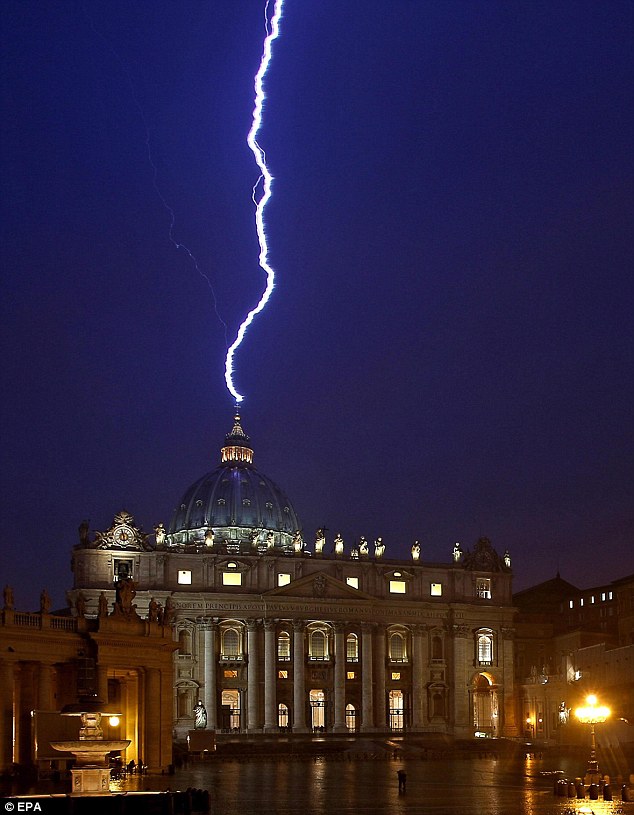mkrnhr said:I wonder if there is any significance to the choice of the day and if it conveys any symbolic message. Jesuits and other Vatican people are likely to take the date issue quite seriously.
For instance, on February the 11th, 1302, Philip the Fair, King of France (the one who eliminated the Templar order), would have burnt the "Ausculta Fili", a letter addressed to him by the pope Boniface VIII. The letter was about the superiority of the power of Rome (the clergy) over the King's power. I wonder if the Vatican's historians missed this episode (or others) or if the chose the date accordingly (or maybe according to some other event).
I confess to have chosen this event just because of the year writing (1302/2013).
Looks like power factions fighting one another.
B. XVI will resign officially on February the 28th though. The 1302 was also when a 'new zodiacal sign' was added according to the C's... any Comets around?

Another piece from Wiki(Italian)
Malachy Profecy
Pope Benedict XVI
The 111st Pope, identified with Pope Benedict XVI, is described as De gloria olivae. The motto De gloria olivae has been linked to the name "Benedetto" because some Benedictines are also called "Olivetan monks." Note that in the Pope's Flag is depicted a black person on the right side (left of the observer), symbol of the Diocese of Freising which was archbishop. The term "olivae" was connected to the color of this face brown. On April 26, 2009 Benedict canonized Bernardo Tolomei, founder of the Olivetan. Interpreters calligraphic viewing the original documents claim that they can read De Gloriae Divae , blending "or" into "d".




